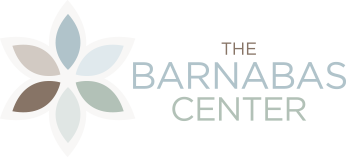Counseling for Adults
The Barnabas Center is committed to providing the highest quality of emotional and cognitive treatment through Christ-centered counseling for adults, offering a safe and supportive environment where men, women, couples and families can explore their current struggles, understand emotions, and move towards real growth, change and healing. Whether you are experiencing anxiety, depression, family issues, marital struggles or you would like to change a particular area of your life, we are here for you to come alongside you and your family in whatever season you find yourself. Below are common concerns that we address.
- ADHD
-Adoption
-Anxiety
-Addiction issues
-Anger management
-Anxiety
-Boundaries/ Codependency
-Cancer/Chronic Illness
-Depression
-Eating Disorders
-Family of Origin issues
-Adoption
-Anxiety
-Addiction issues
-Anger management
-Anxiety
-Boundaries/ Codependency
-Cancer/Chronic Illness
-Depression
-Eating Disorders
-Family of Origin issues
-Grief/ loss
-Infertility
-Maternal Mental Health
-Obsession/ compulsion
-Panic attacks
-Relationship conflicts
-Sexual abuse/ sexual assault
-Sexual addiction
-Singleness
-Trauma
-Women's Health issues
-Infertility
-Maternal Mental Health
-Obsession/ compulsion
-Panic attacks
-Relationship conflicts
-Sexual abuse/ sexual assault
-Sexual addiction
-Singleness
-Trauma
-Women's Health issues
